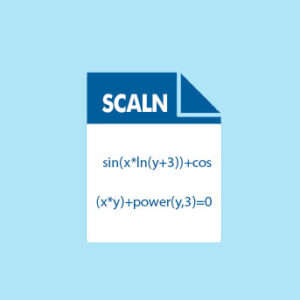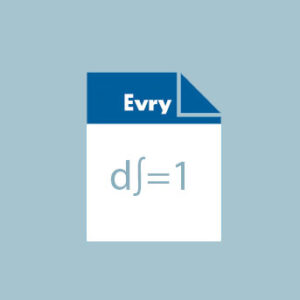Analytical vs. Numerical solution
Challenges of Solving Integral Equations Involving Dependent Functions
Let us talk about those not easy to carry out for example the equation includes the dependent function itself in such case a lot of things need to be done, numerical models and error handling during computing after building the programs related. These things is a case picture dependent, i.e. related to certain arguments values i.e. the total work ends up with a single value for the argument under conditions, designer can not make verbal induction changes on the argument to any direction.
When dealing with integral equations where the dependent function appears on both sides, numerous complexities arise, requiring advanced techniques and careful error management. These equations often demand numerical models and extensive computational efforts to reach a solution. Here’s an exploration of the challenges and processes involved.
Numerical Models
Numerical models are essential for approximating solutions to such equations. Techniques like the Newton-Raphson method, Gauss-Seidel iteration, or successive approximations are commonly used.
Analytical Solutions
Definition: An analytical solution involves finding a closed-form expression or formula that exactly satisfies the given equation. This approach leverages algebraic manipulations, calculus, and other mathematical techniques.
Non Numerical Solutions
Definition: Numerical solutions involve approximating the solution of an equation using computational methods. These approaches iteratively refine estimates until they reach a desired level of accuracy.
Summary
Both analytical and numerical solutions have their own domains of strength and application. Analytical solutions are ideal for gaining deep theoretical understanding and exact answers but are often limited to simpler problems. Numerical solutions, on the other hand, offer practical ways to solve complex, real-world problems where analytical methods fall short, albeit at the cost of dealing with approximations and computational demands. The choice between these methods depends on the specific problem at hand, the desired accuracy, and the available resources.



